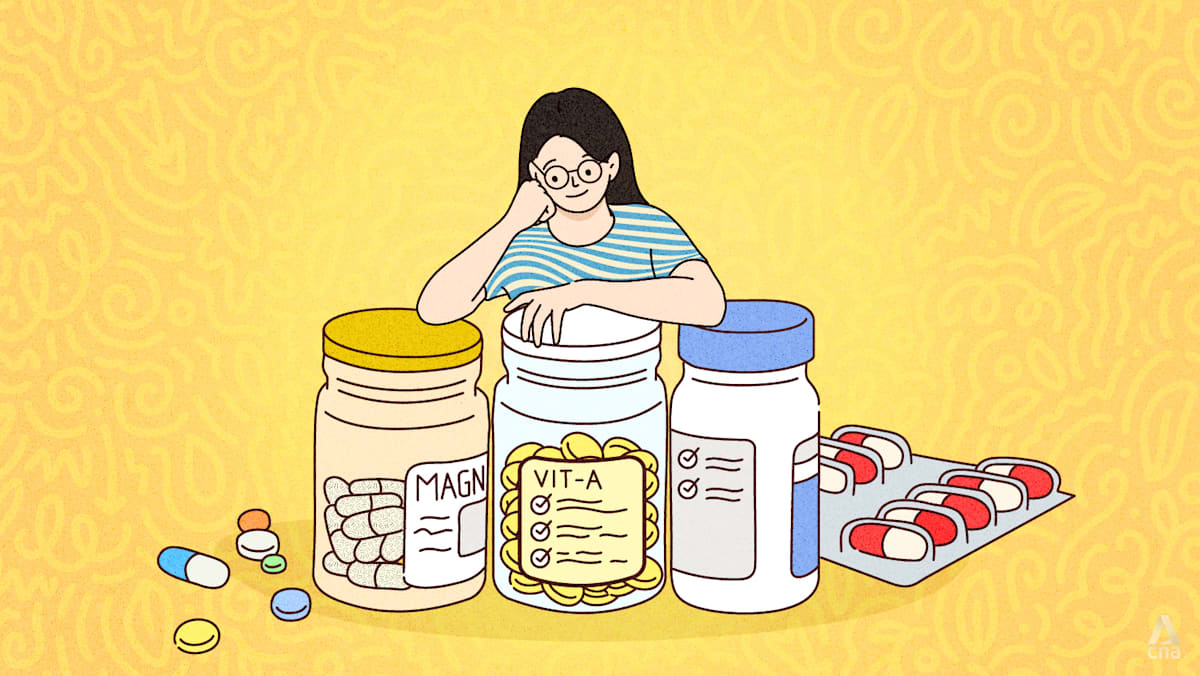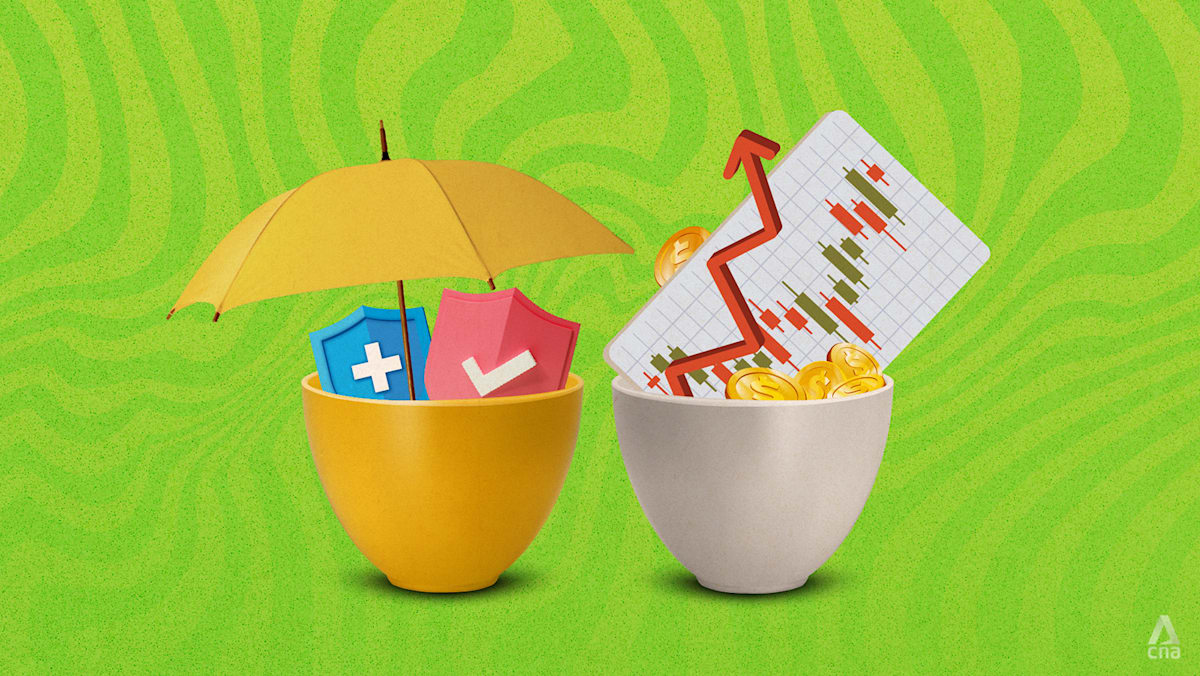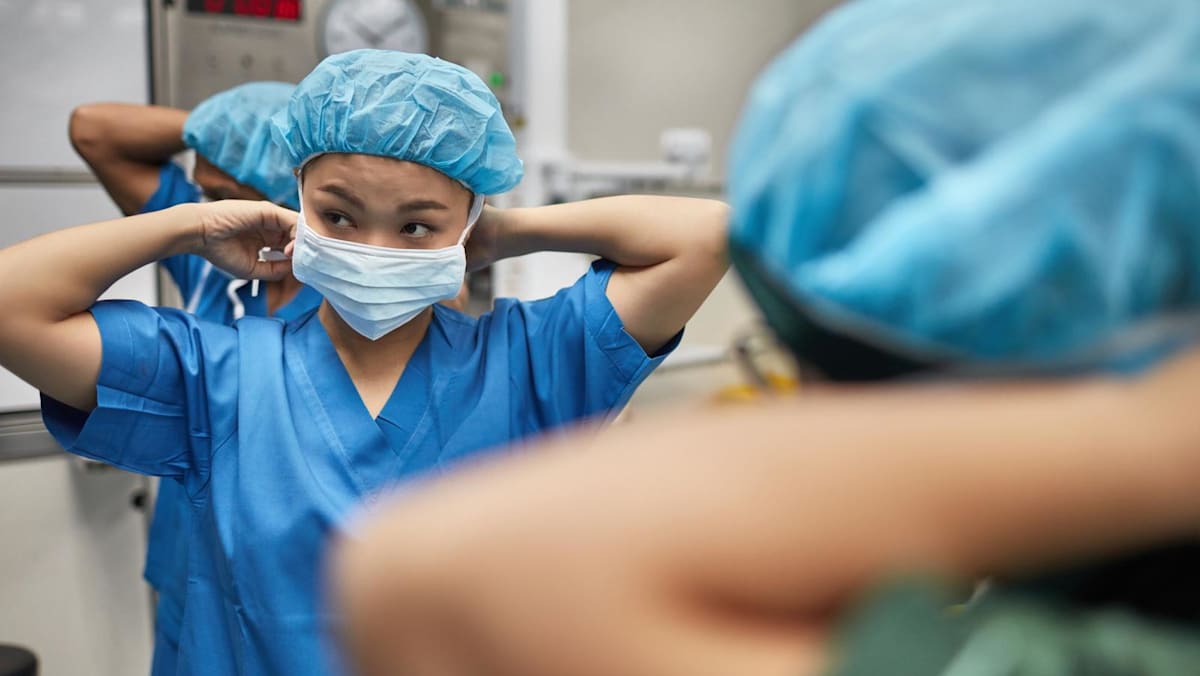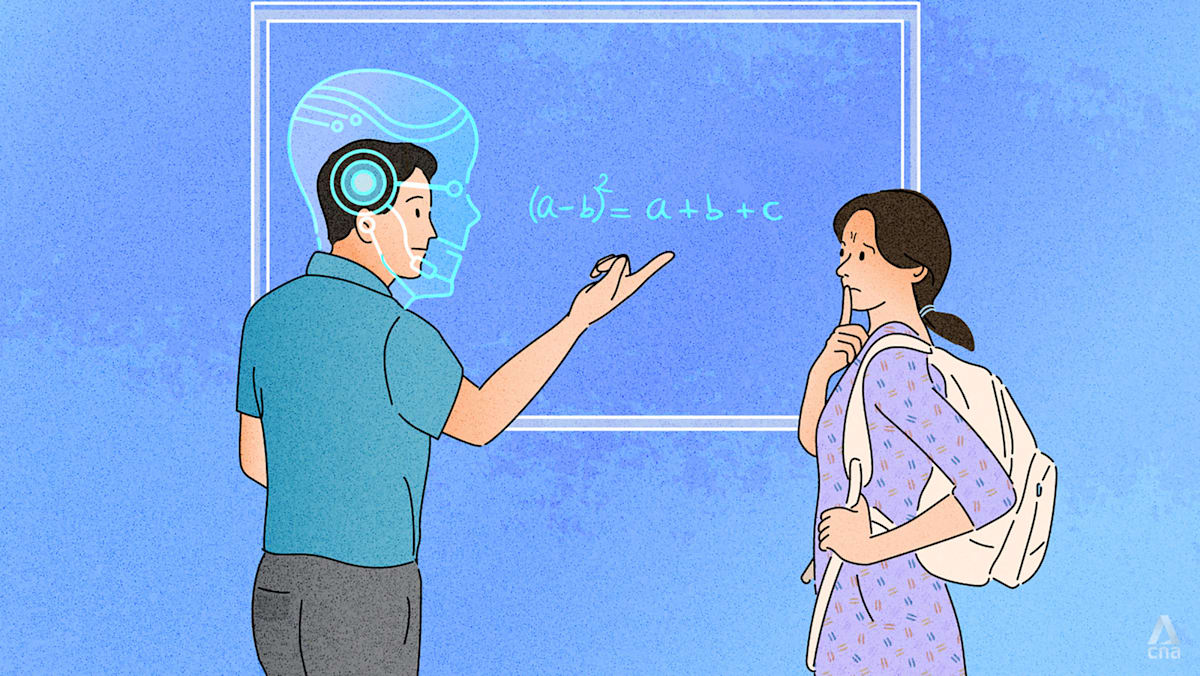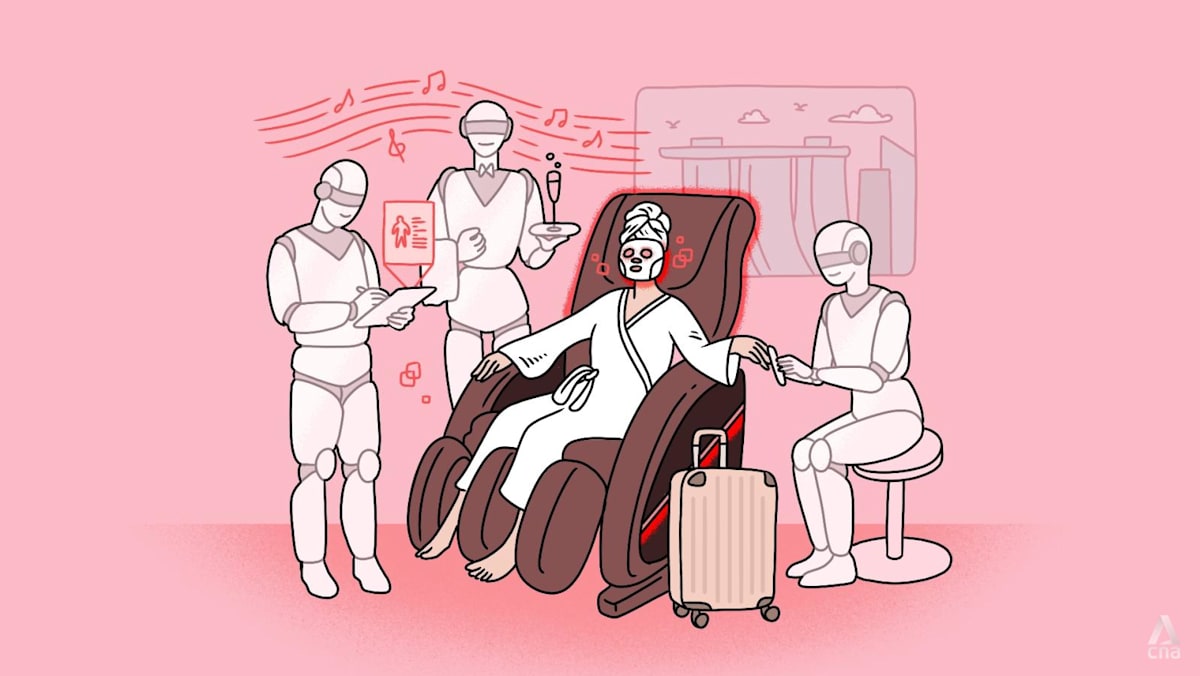I still remember when I first found out I had iron-deficiency anemia more than a decade ago. At a blood donation drive, I was told the blood bank could not accept my donation due to low haemoglobin levels and I was sent home with some iron supplements in hand.
Since then, I’ve taken these pills on and off over the past decade, often loosely following the recommended dosage and popping them only when I’m especially fatigued or craving an instant pick-me-up.
Cautious about becoming overly dependent on supplements, I’ve tried filling the nutritional gap through dietary changes.
Earlier this year, however, a health scare shifted my perspective. In May, persistent fatigue and shortness of breath prompted me to see a doctor.
A blood test revealed low iron levels: I needed a blood transfusion and had to recommit to regular supplementation.
While browsing online for supplements, I found myself overwhelmed by the sheer variety.
The more I searched, the more supplement brands I encountered, along with various vitamins and minerals beyond the iron pills I needed – accompanied by advertisements promising more energy, clearer skin, better sleep and sharper focus.
Friends around me also reinforced the idea of supplementation, especially approaching our 30s, which left me even more conflicted.
Are supplements truly essential or could diet alone fix my deficiencies? And if I did choose to take supplements, how would I know what to pick and what should I look out for to ensure I wasn’t just wasting money on useless pills?
ARE SUPPLEMENTS NECESSARY TO STAY HEALTHY?
Nutritional experts said that generally, a balanced, nutrient-rich and intentionally planned diet is enough to meet the nutritional needs of most healthy individuals.
Dr Kalpana Bhaskaran, president of the Singapore Nutrition and Dietetics Association (SNDA), emphasised that supplements are not a replacement for food.
After all, whole foods contain fibre, phytonutrients and synergistic compounds that health or dietary supplements cannot replicate.
Whole foods refer to minimally processed foods that are close to their natural state, including edible parts of plants (leaves, stems, roots) or of animals (meat, flesh, eggs). Minimally processed foods also include tofu and other soy products, mushrooms, nuts, dried fruits, brown or white rice, as well as frozen vegetables, meat, fish and poultry.
Dr Alvin Wong, senior principal research dietitian from the Department of Dietetics at Changi General Hospital (CGH), said: “We can get our nutritional needs from food most of the time, so food should come first. Individuals can consider taking supplements to address specific gaps, but not to ‘supercharge’ an already healthy diet.”





